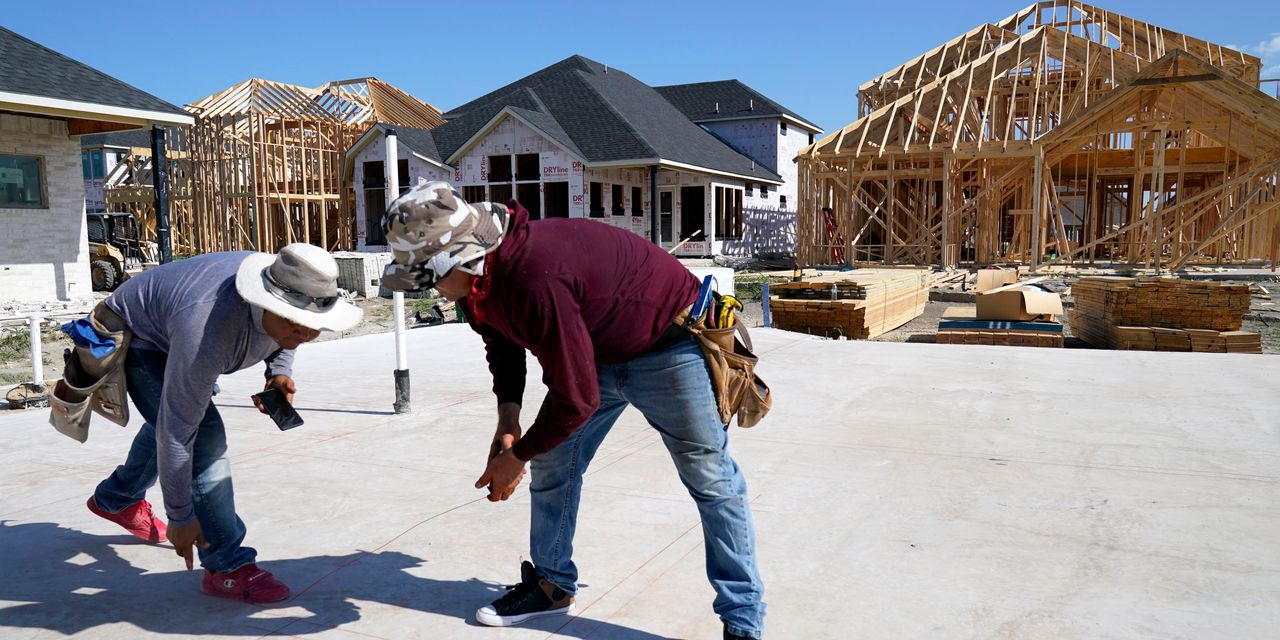Markets this week will focus on U.S. retail sales and minutes from the Federal Reserve’s July 27-28 policy meeting.
MONDAY
China’s economic activity likely slowed further in July because of fading base effects and extreme weather conditions that hindered the country’s service sector. Economists polled by The Wall Street Journal expect the country’s retail sales to increase 11.4% from a year earlier, compared with a 12.1% gain in June. Industrial output in July likely rose 7.8% on year, decelerating from 8.3% in June. China’s nonrural fixed-asset investment—a measure that captures investment in factories, railroads and new homes—also likely retreated although the government has aimed to boost infrastructure investment.
TUESDAY
U.S. retail sales are expected to post a small decline in July. Economists are forecasting a drag from weaker auto sales, caused in part by supply-chain issues that have limited dealer inventories. It is less clear if a rise in Covid-19 cases during the month had an appreciable impact on household spending.
U.S. industrial production—a measure of output at factories, mines and utilities—is expected to increase in July. Manufacturing, the biggest component of the index, has been caught between strong demand for products and unreliable supplies of materials and labor.
WEDNESDAY
U.S. housing starts are forecast to have cooled in July. Builders have ramped up home construction in response to robust demand, but have run up against rising prices for materials, difficulty attracting enough workers and limited availability of buildable lots.














































